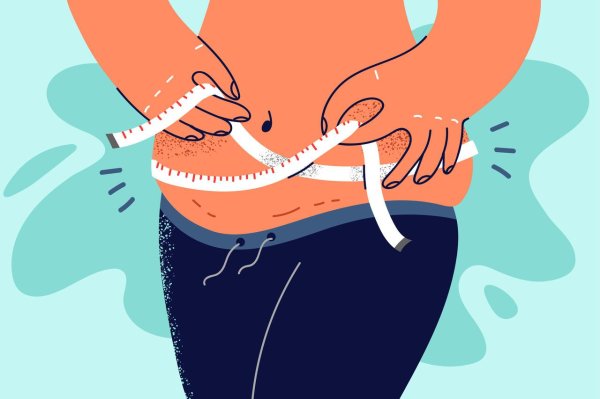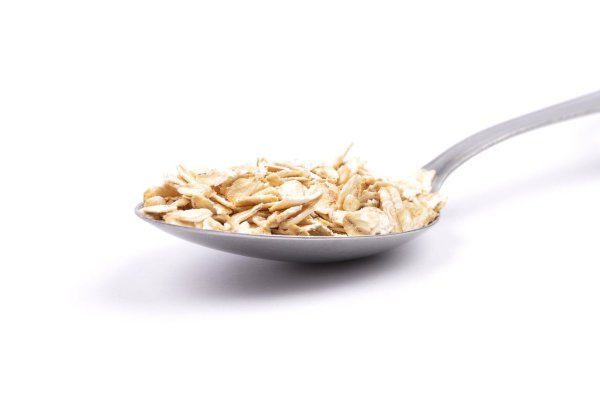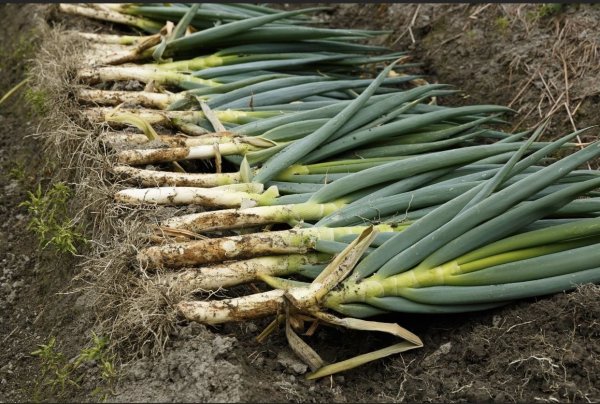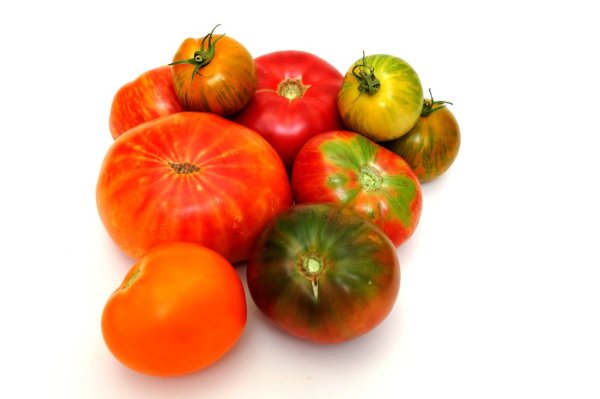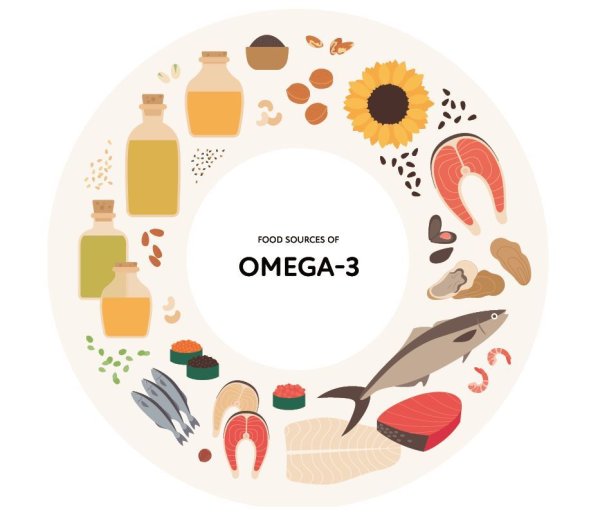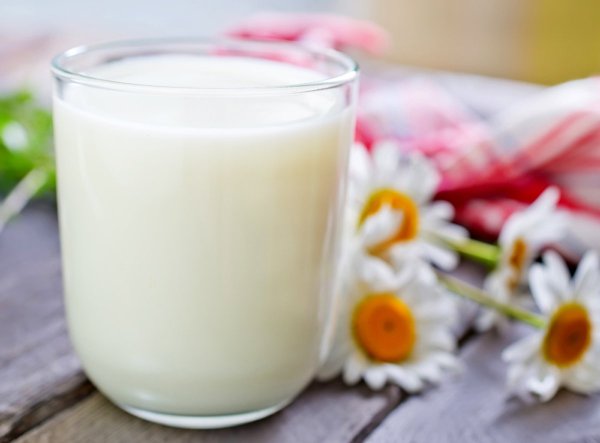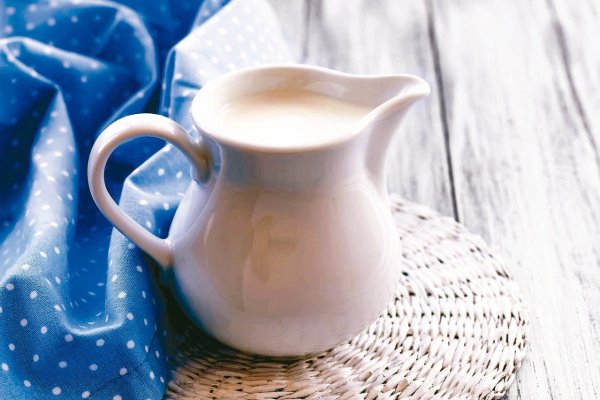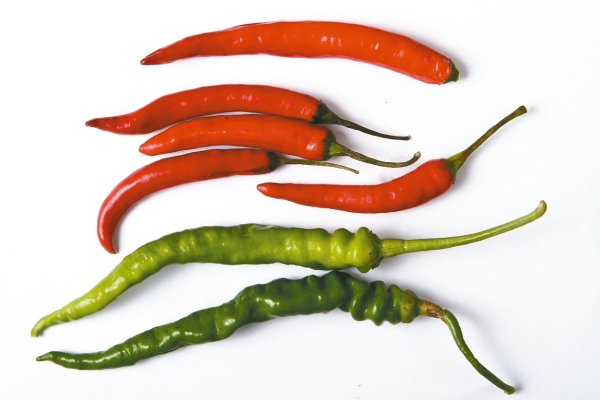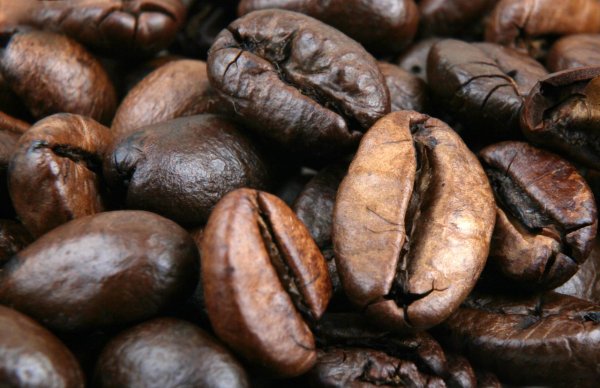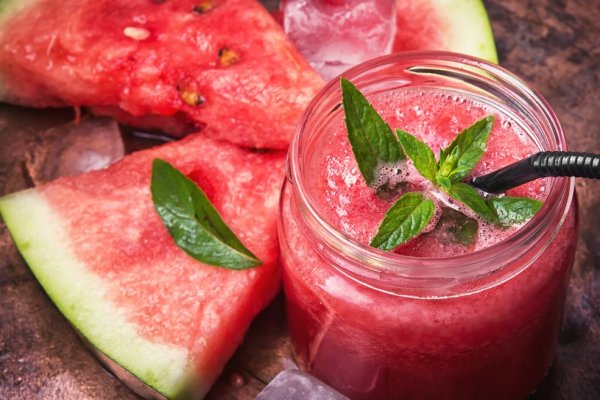How to take kidney disease, kidney washing, and dialysis? When should I eat low-protein and high-protein diet? Nutritionists reveal their dietary secrets
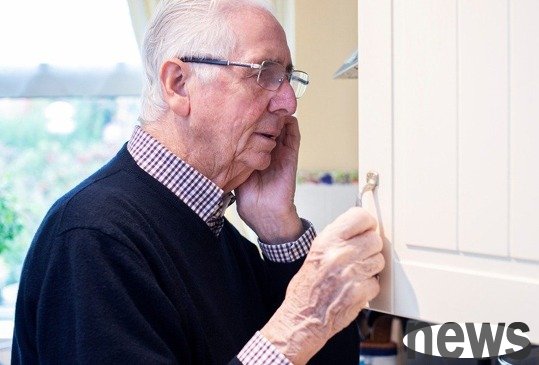
Diet adjustment for patients with kidney disease is very important, but it does not necessarily mean that they eat low-protein diets, and they also need to adjust to high-protein diets. When should we eat two dietary patterns? How to eat it? What details should be paid attention to when eating? What should I pay attention to in my daily life? Nutritionist Qin Ze, a specialist in kidney and organism, explained it one by one.
When should I eat low/high protein? Nutritionist: See where the stage of the kidneys
Qin Ze's nutritionist said that patients with kidney disease should eat low-protein diet or high-protein diet, which mainly depends on which stage the patient is. If it is in the chronic kidney disease stage, low-protein diet will generally be the main focus, while patients with kidney washing and dialysis will eat high-protein diet. However, it may also be different from the patient's current physical condition.
Chronic kidney disease: Low-protein diet Tan Ze's nutritionist explained that past studies have found that patients with chronic kidney disease who undergo low-protein diet can reduce the pressure of the kidney ball, reduce excessive filtering burden, and also reduce the accumulation of uretoxins that affect the kidneys. They can retain more kidney function in the long run and avoid too fast degeneration in a short period of time.
Bone washing and dialysis: Patients with high-protein diet will lose protein while treating, so they need to supplement through diet to avoid poor nutrition and physical and mental state becoming worse and worse, which affects the quality of the treatment. Peritoneal dialysis requires higher protein extraction.
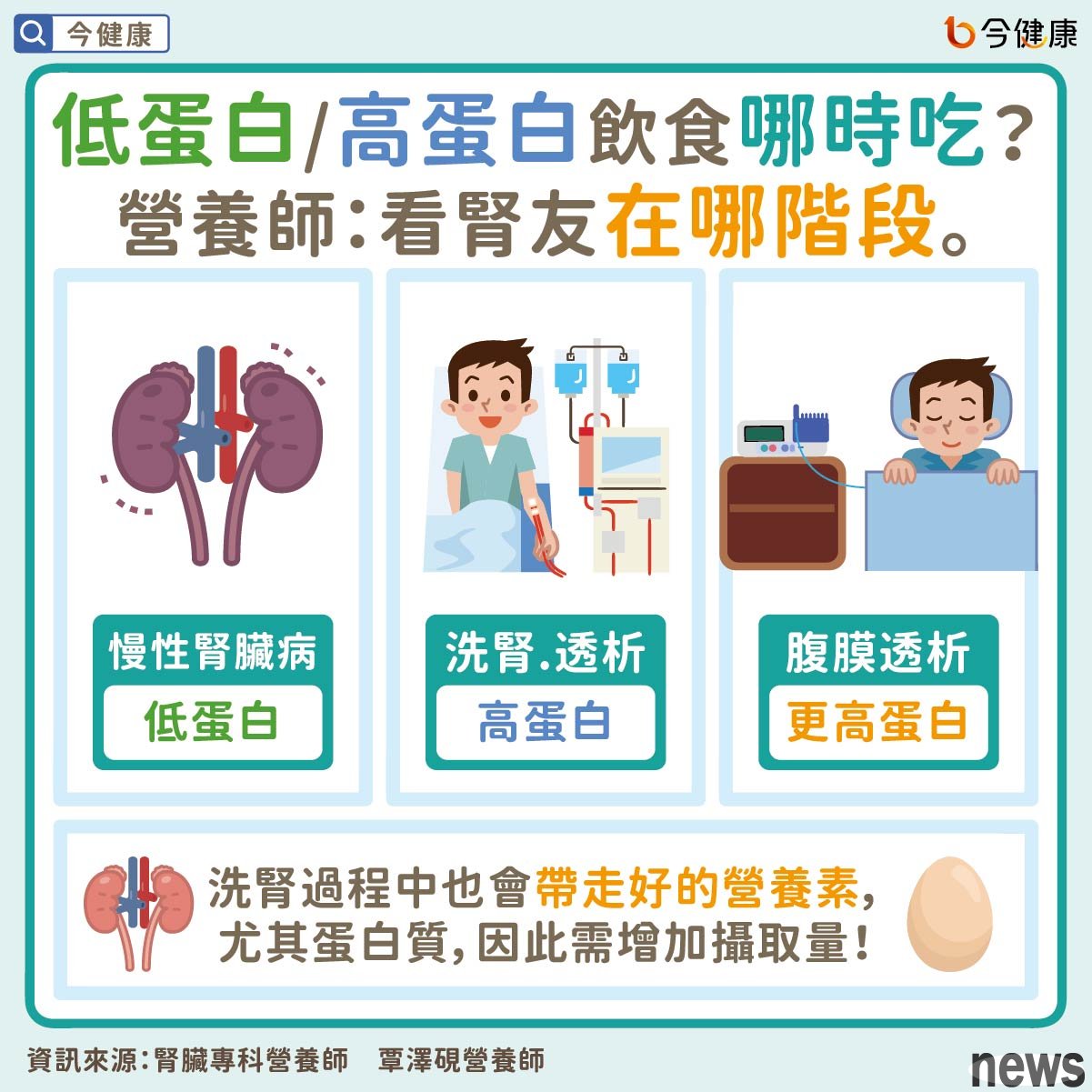
How to eat a low/high protein diet? Follow the instructions and do not skip or eat too much!
Qin Ze's nutritionist pointed out that whether it is a low-protein diet or a high-protein diet, it must be checked and evaluated to understand the patient's current physical condition, and follow the doctor and nutritionist's suggestions and adjustments. Therefore, each need to design it separately, but in general, it is similar to the same.
Low-protein diet: Reduce the low-protein diet by about 2/3, which is mainly to reduce the intake of soybean, fish, eggs and meat in daily life. For adults with stable state and weight of 60 kg, it is recommended to weigh 0.8 grams per kg of protein, and eat about 48 grams of protein a day, about 4-5 servings. Eat about one palm-sized portion a day, roughly 2/3 less than ordinary people.
You must eat protein when eating low-protein! Although low-protein diets can help patients with chronic kidney disease reduce the rate of kidney degeneration, they must never ignore protein. In addition to being ill, it will also cause weight and muscle loss at all, and it will interfere with the function of the kidneys. A good balance is needed to effectively reduce the rate of degeneration of kidney function, maintain nutrition, maintain weight, and maintain overall disease.
High-protein diet: The high-protein diet is about 1.5 times more limited. Beans, fish, eggs and meat can be eaten, and the amount will be much higher than that of ordinary people. For adults with stable state and weight of 60 kg, it is recommended to weigh 1.2 grams per kg of protein. Take about 72 grams of protein a day, about 6-7 servings, and eat about 1.5 palm-sized portions a day, roughly 1.5 times more than ordinary people.
High-protein diet is not about eating more, the better! Patients with kidney washing will recover after their condition is improved and they often feel suspicious of eating more and more, so they should start paying attention to the patient's intake. If excessive intake of the debris and phosphorus will also increase, it will require improvement through drugs or longer dialysis treatment.
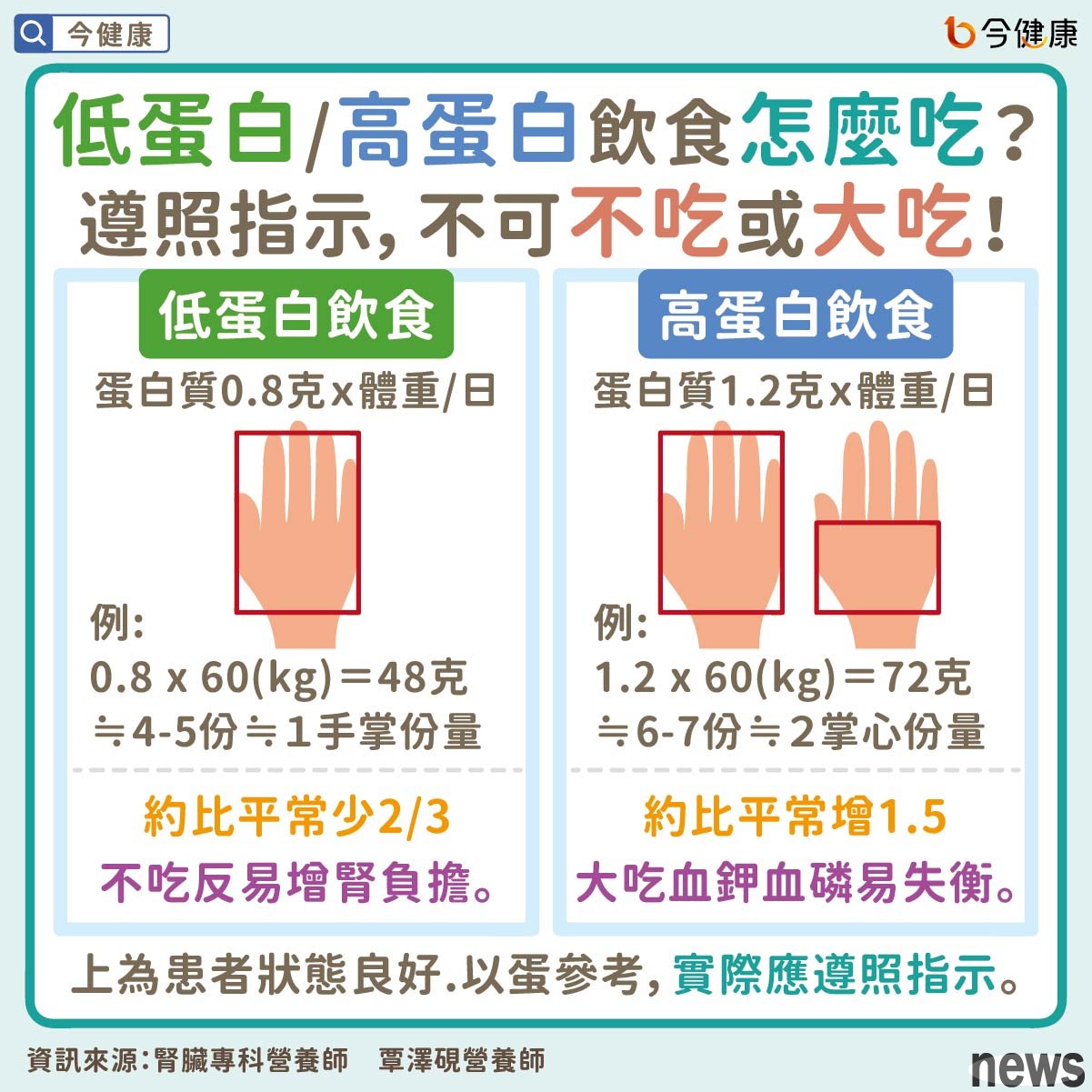
6 things should be paid attention to when patients with kidney disease, and vegetables should also be taken instead of not eaten!
Chronic kidney disease has a light diet, but no oil limit is required. In addition to low-protein diets and high-protein diets, there are many other things to pay attention to. Qin Ze's nutritionist said that people should have a light diet for their kidneys, and they often believe that it should be "low oil and low salt". Patients with kidney disease should actually eat low salt, but low protein diet does not require oil limit. When protein is reduced, they can supplement their heat by high-quality vegetable oils such as olive oil and bitter tea oil.
The three highs should also be well controlled: In addition, regardless of what kind of diet, the patient will evaluate whether he or she has other diseases and overall physical condition. Therefore, he or she should listen to the advice of a nutritionist to avoid adjusting himself. Similarly, treatment should be followed by medicine, and regular diagnosis should be followed and drug treatment should be combined. The three highs should be properly controlled in normal times. Unhealthy blood vessels will also affect various organs, and the kidneys are one of them. You should also maintain your habit of drinking and maintain good excretion until the urine volume decreases during the kidney washing and dialysis stage, and discuss with doctors and nutritionists to reduce drinking.
Vegetables are also indispensable: As for vegetable feeding, they should also maintain nutritional balance. Patients with kidney disease will need to limit their harvest, but they still need to take them. Considering the balance of nutrients, as long as the vegetables are cut, boiled, and stir-fried, the ion of the vegetables can be lost by about 70%. If you don’t drink soup juice, you can avoid excessive ion of the ion.
Understand the dietary patterns of kidney disease, and pay attention to the details and daily precautions, which will help you recover your health as soon as possible!
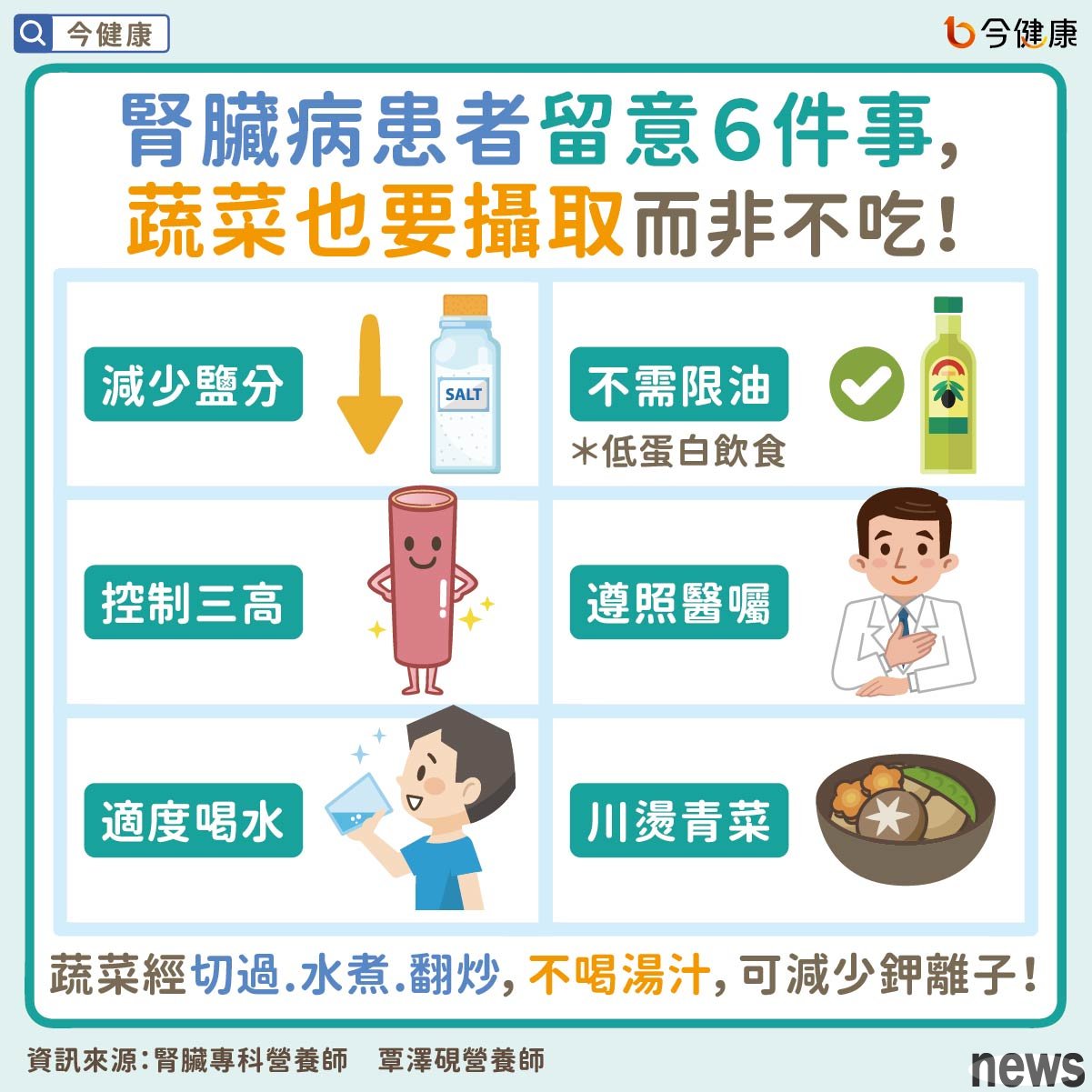
《


